Gardening is a rewarding activity that connects us with nature. However, pests can pose a significant challenge, threatening the health and productivity of your plants. Instead of resorting to harsh chemical pesticides, organic pest control methods offer a safer, environmentally friendly approach to keeping your garden thriving. Here’s how to protect your garden naturally.
Other Topics You Might Like
Helpful Products You Might Like
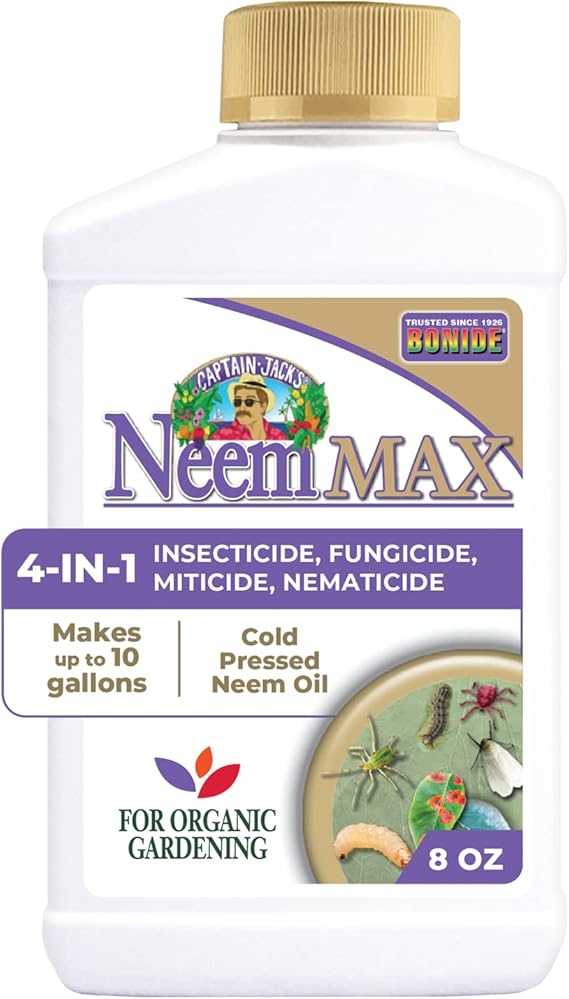
Neem Max for organic gardening
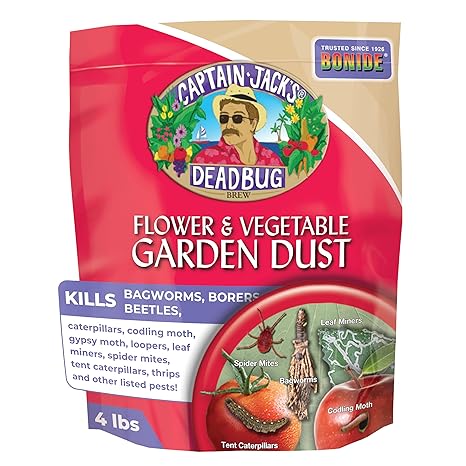
Deadbug Brew Garden Dust
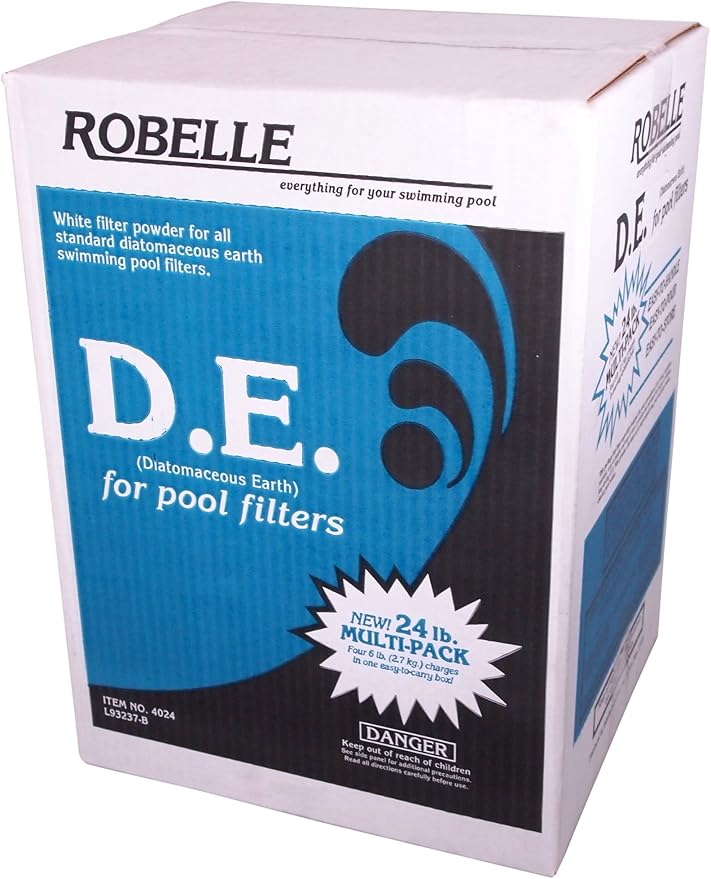
Diatomaceous Earth
"(Paid Links)" 
Understanding Common Garden Pests
Before diving into control methods, it’s crucial to identify the pests in your garden. Common garden pests include aphids, slugs, caterpillars, and beetles. Each pest has its own destructive habits, so knowing what you’re up against helps in choosing the most effective organic solution.
Aphids
These tiny insects feed on plant sap, weakening plants and spreading diseases.
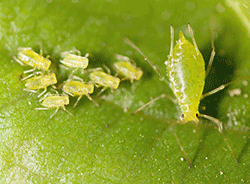
Slugs and Snails
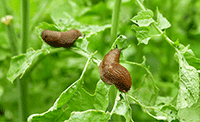
They chew holes in leaves and can devastate young plants.
Caterpillars
While they eventually turn into butterflies, caterpillars can strip plants of their foliage.
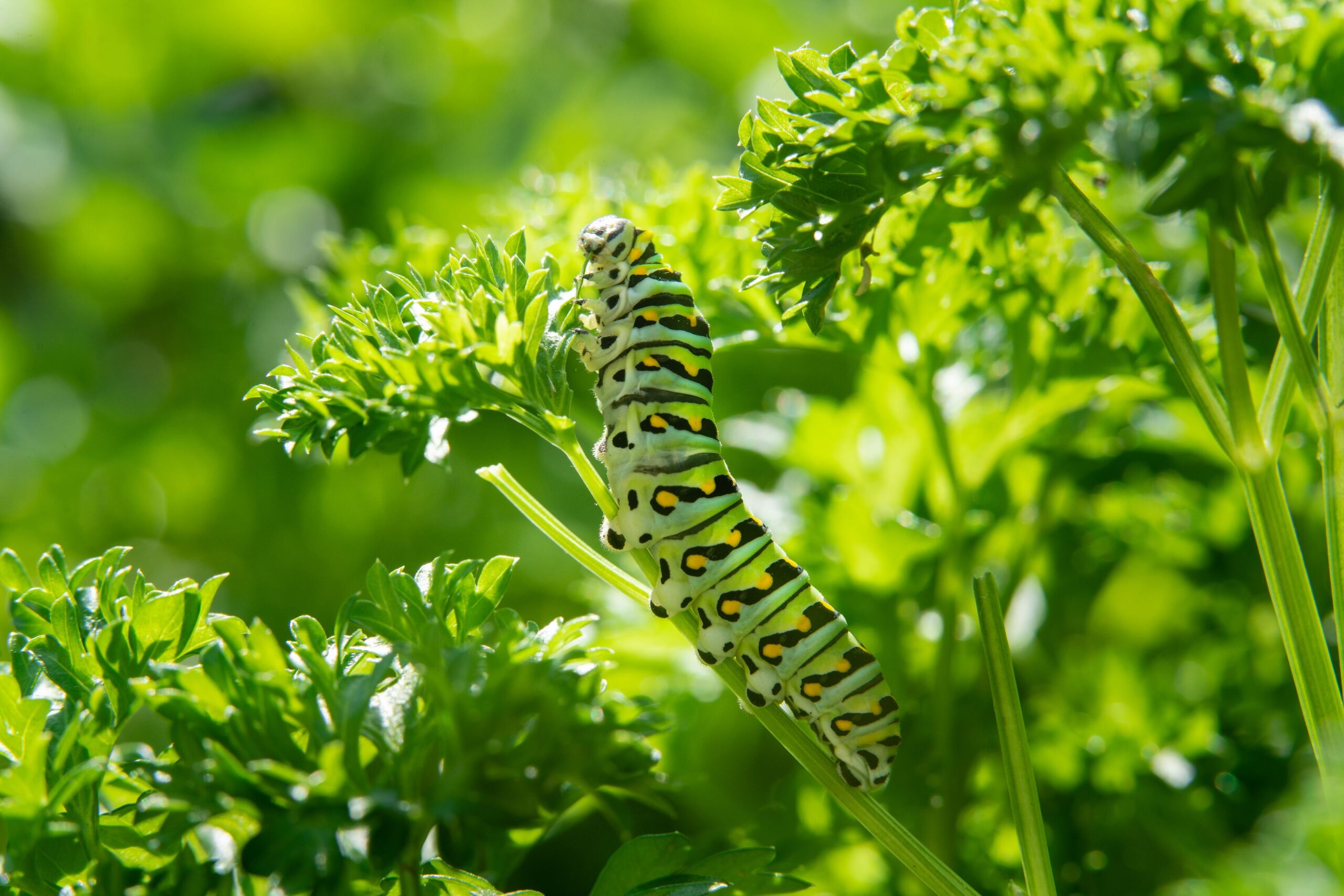
Beetles
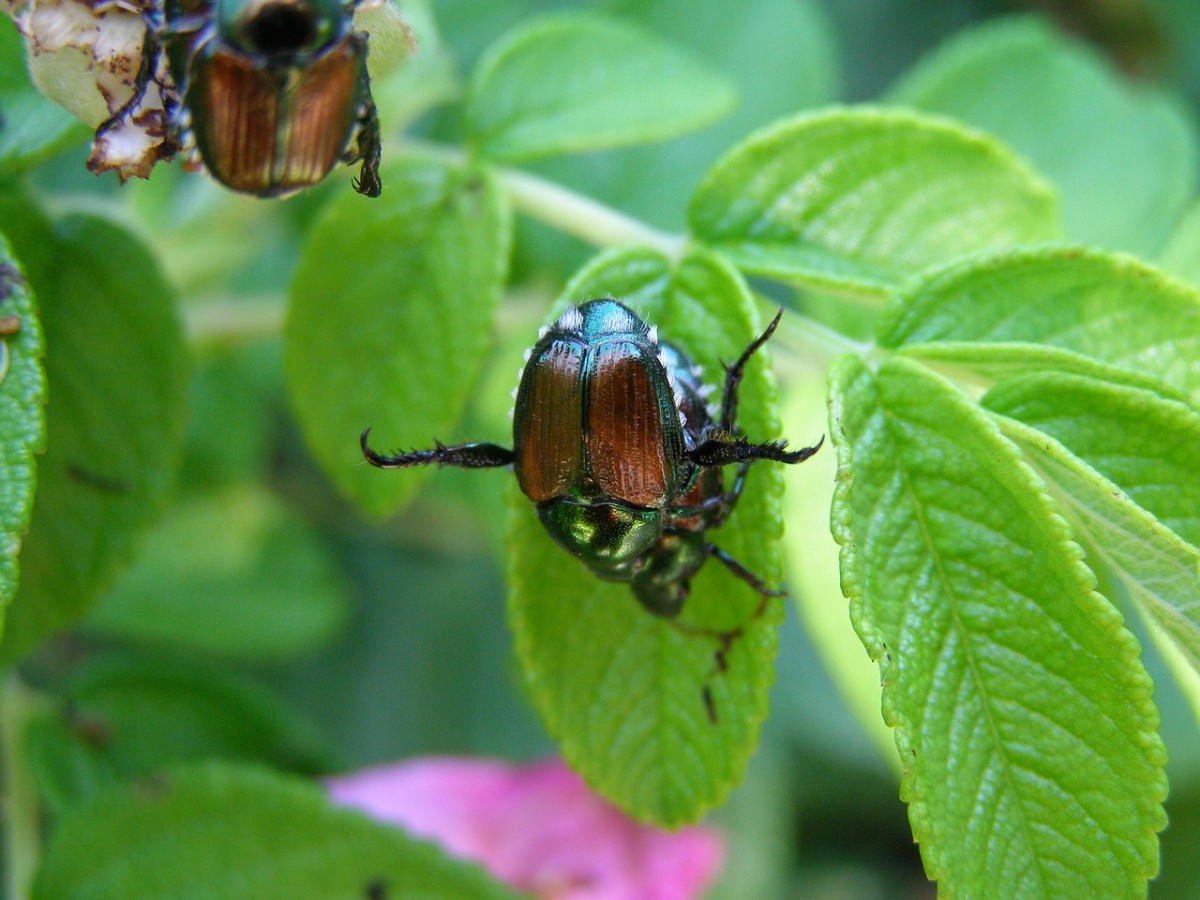
These pests can cause significant damage by eating leaves, flowers, and fruits.
Encouraging Beneficial Insects
Not all insects are harmful. In fact, many are beneficial and can help keep pest populations in check. Ladybugs, lacewings, and predatory beetles are natural predators of aphids and other harmful insects. By creating a garden environment that attracts these beneficial insects, you can naturally reduce pest numbers.
Plant Diversity
Grow a variety of plants, including flowering ones, to attract beneficial insects.
Herbs and Flowers
Plants like dill, fennel, and marigolds attract insects that prey on common pests.
Homemade Organic Sprays
If pests are becoming a problem, you can create your own organic sprays to combat them. These sprays are non-toxic to humans and pets but can be very effective against pests.
Garlic and Onion Spray
Crush garlic and onions and mix them with water. This pungent mixture can repel many insects.
Neem Oil
Derived from the neem tree, neem oil is a powerful organic pesticide that disrupts the life cycle of pests, preventing them from feeding or reproducing.
Soap Spray
A simple mixture of water and mild soap can kill soft-bodied insects like aphids and mites by suffocating them.
Companion Planting
Companion planting is a strategic way to use plants to deter pests. Certain plants can repel insects or attract them away from more valuable crops.
Basil and Tomatoes
Basil repels mosquitoes and flies, which can harm tomato plants.
Marigolds and Cucumbers
Marigolds deter cucumber beetles and other pests
Nasturtiums and Cabbage
Nasturtiums can draw aphids away from cabbages and other brassicas.
Physical Barriers
Sometimes, the simplest solutions are the most effective. Physical barriers prevent pests from reaching your plants without the need for chemicals.
Row Covers
Lightweight fabric covers can protect plants from insects while allowing light and water to pass through.
Copper Tape
Place copper tape around plant pots or garden beds to deter slugs and snails.
Netting
Use netting to protect fruit and vegetables from birds and larger pests.
Healthy Soil for Healthy Plants
One of the best defenses against pests is healthy soil. Strong, healthy plants are more resistant to pests and diseases. Regularly add compost and organic matter to your soil to improve its fertility and structure.
Composting
Use kitchen scraps and garden waste to create rich compost that will nourish your plants.
Mulching
Mulch helps retain moisture in the soil and can prevent weeds, which compete with plants for nutrients.
Regular Monitoring and Maintenance
Finally, regular monitoring and maintenance are key to effective organic pest control. Inspect your plants frequently for signs of pests, and act quickly if you spot any problems. Early intervention can prevent a minor issue from becoming a major infestation.
Hand-Picking
Remove larger pests like beetles and caterpillars by hand
Pruning
Remove infested or damaged plant parts to prevent the spread of pests.
Conclusion
organic pest control methods are not only better for the environment, but they also help maintain the health of your garden ecosystem. By encouraging beneficial insects, using homemade sprays, practicing companion planting, and maintaining healthy soil, you can keep your garden pest-free without relying on harmful chemicals. Remember, a thriving garden is one where nature is in balance.
